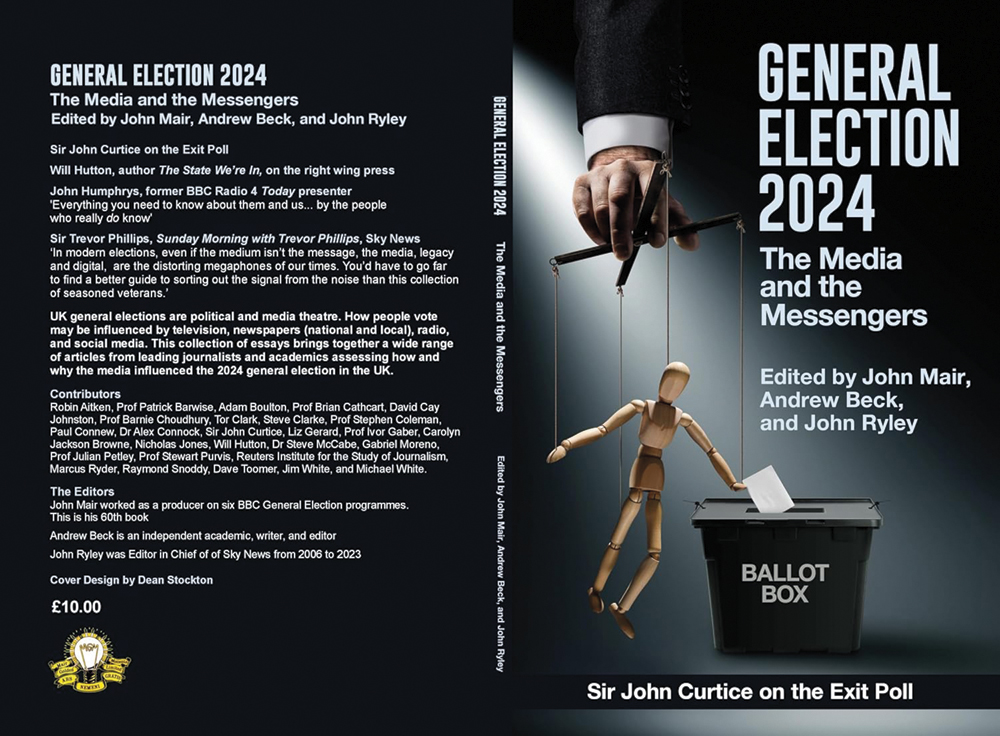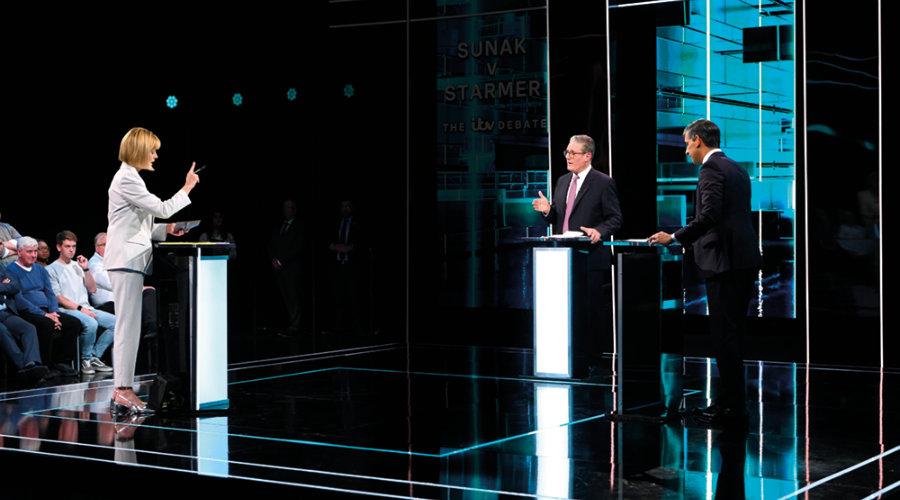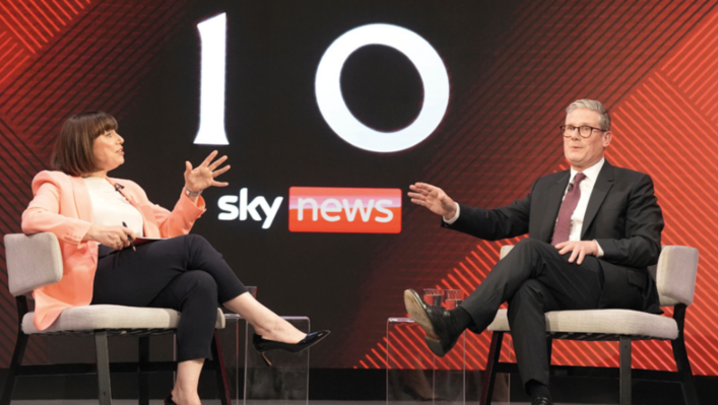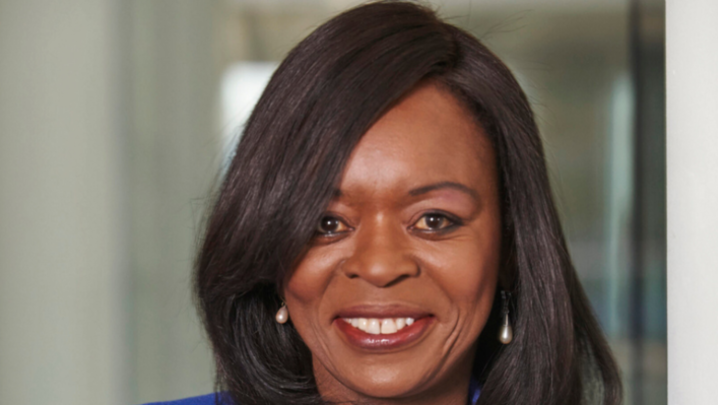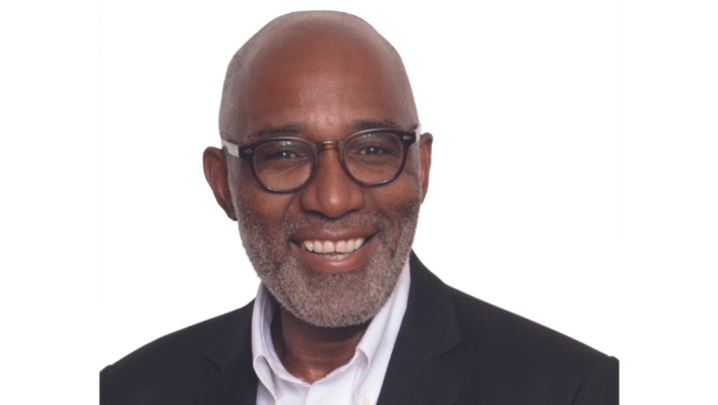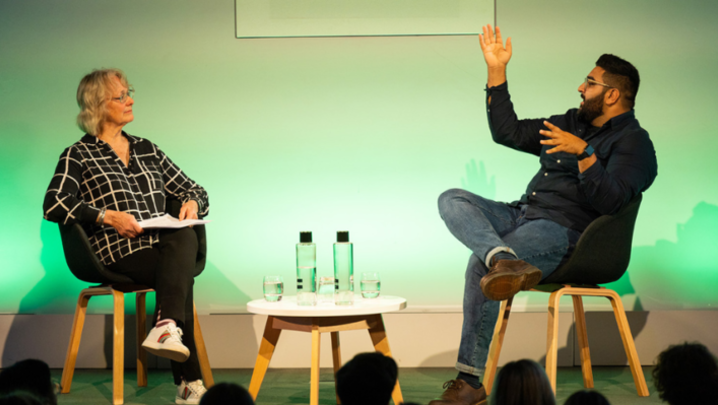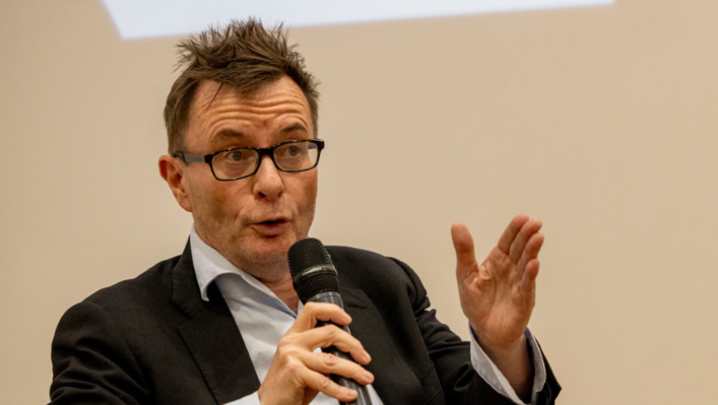Steve Clarke reveals how co-operation between broadcasters in 2010 led to today’s leaders’ debates
In the UK, television coverage of general elections came into its own in the 1960s. It would take another 50 years before leaders’ debates finally made their debut on the nation’s TV screens. Even then, they almost didn’t happen.
“It literally fell into place as the election campaign started but it was very, very close. There was a very difficult moment at the end of the process where it looked as if it would fall apart,” recalls Sue Inglish, former BBC Head of Political Programmes and a key figure in ensuring that live debates became part of British political media culture.
Before 2010, the closest anyone had come to getting leaders’ debates over the line was 1997, but then-Labour leader Tony Blair was not keen. During the 14 years since the first, in April 2010, when Prime Minister Gordon Brown battled it out with Conservative leader David Cameron and his Liberal Democrat counterpart, Nick Clegg, the leaders’ debates have become a vital part of UK general election coverage. They are almost as eagerly anticipated as the 10:00pm exit poll delivered on election night itself.
Spool forward to 2024 and live TV debates are back with a vengeance. An electrifying ITV confrontation between Rishi Sunak and Keir Starmer lit up our screens on 4 June.
Since then, the BBC, Sky News and Channel 4 have all entered the debates fray, helping to set the political weather during the six-week election campaign. Mishal Husain hosted the final TV clash between Starmer and Sunak for the BBC on 26 June.
Why, then, did it take so long for leaders’ debates to become part of Britain’s political media landscape? What are the challenges of staging them for broadcasters and presenters? And can they have any impact on voting intentions in the TikTok era, when many voters get their news via social media?
“Before 2010, it had not been possible to get the broadcasters and the political parties to agree to it,’’ says Inglish, who masterminded the leaders’ debates for the BBC in 2015 as well as 2010. “In 2009, the BBC, ITV and Sky News decided to have a united front in their negotiations with the three main political parties. We were not going to allow ourselves to be split and do individual deals with the politicians. That made it much easier for all three of us to agree a clear set of guidelines and principles, which we then negotiated with the Lib Dems, the Tories and Labour.”
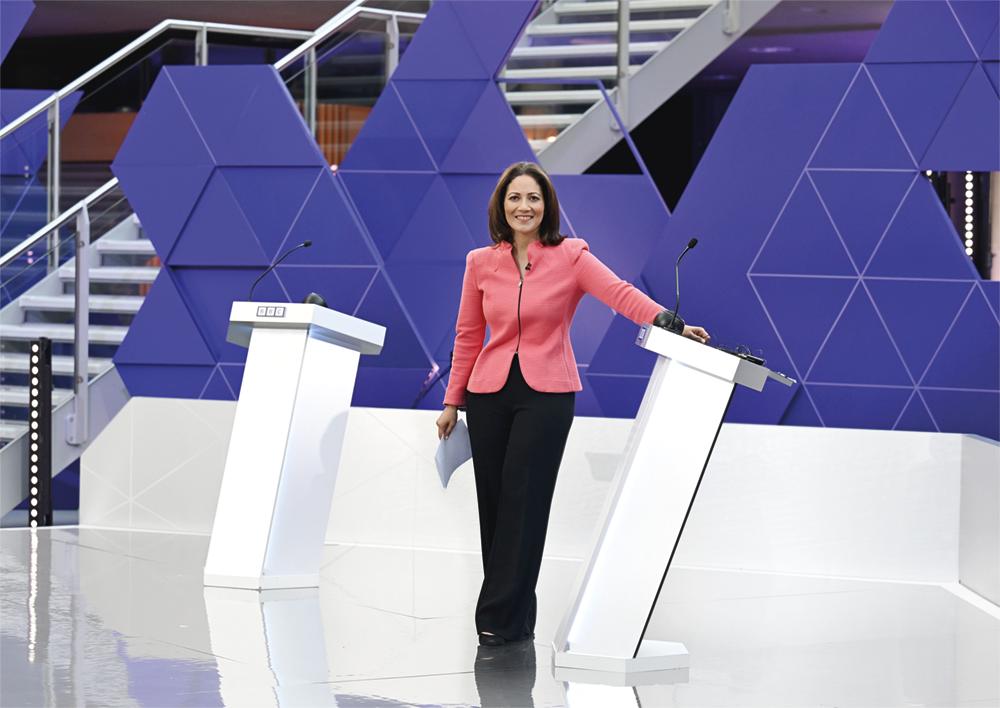
(Credit: BBC)
Even so, it took many meetings between political spin doctors and news and current affairs chiefs representing the three broadcasters over the course of eight months before they got the green light. It also helped that, in 2010, the leaders Gordon Brown, David Cameron, and Nick Clegg were all willing to participate, particularly Brown. He was significantly behind in the polls, so had everything to gain from a strong showing in a TV debate – not unlike Rishi Sunak in 2024.
“Peter Mandelson convinced Brown that he should do it,” says Inglish. “He did better than anyone expected him to do.” But not well enough to prevent Cameron and Clegg forming a coalition government after the election. Arguably, Clegg’s remarkably assured showing on TV – which generated so-called “Cleggmania” – paved the way for his party to become the junior partner in the Cameron administration, with Clegg serving as Deputy PM.
Another prime mover in ensuring what, at their best, can make for thrilling and possibly influential live television was the then-Head of Sky News, John Ryley. He had been part of the campaign to get party leaders to agree to live, prime-time TV debates. “At the time,” says Ryley, “there was a lack of will between the broadcasters and the political parties to hold these debates.”
It was the Daily Telegraph’s incendiary scoop on MPs’ expenses that motivated Ryley and two Sky News colleagues, Political Editor Adam Boulton and Westminster chief Jonathan Levy, to press hard for the introduction of live leaders’ debates.
As parliamentarians’ stock had fallen to a new low in the wake of the expenses revelations, Ryley reasoned that MPs now had a strong incentive to reconnect with the electorate and to put policy, rather than scandal, at the heart of the political debate. A live TV election debate should provide the ideal platform.
Initially, says Ryley, the BBC and ITV were less than enthusiastic about the idea of involving Sky: “They were a bit sniffy about it.” At that time, Sky News was still regarded as an outsider and Ryley was concerned that its establishment rivals would squeeze it out of any negotiations over the debates.
However, agreement was reached, though it still took a lot of work to nail the parties down.
“In order to get them off the ground, we had to have a very thorough plan. We did it that way to break the impasse,” says Inglish. “Nowadays, the broadcasters make their arrangements individually, whereas in 2010 it was done collectively and there was no leeway about how the programmes were structured.” Which broadcaster should go first was decided on the toss of a coin. Each debate had a theme – home affairs, foreign affairs and the economy.
In the 2015 general election, with David Cameron hoping to win an outright majority, the Conservatives made it impossible for broadcasters to replicate the 2010 debates. “Basically, Cameron didn’t want to do it,” says Inglish.
It would not be until the November 2019 battle between Jeremy Corbyn and Boris Johnson that viewers were able to watch another leaders’ TV set-to. Prime Minister Theresa May had declined broadcasters’ requests to take part in the proposed 2017 debates, a move she subsequently regretted.
Commentators concluded that not participating made May look “frit”. “I think the Conservatives realised there was a cost to not doing them,” says Inglish. “That was quite an interesting moment. As a result, it became harder for party leaders to decline to take part.”
May returned the Tories to power but without a majority.
Leaders’ debates have become part of the fabric of TV, but they remain challenging to execute. For even the most experienced of producers, there is a lot to organise and to think about on the day.
This was especially true in 2010 when, aside from a low-key 1997 BBC TV debate between the Chancellor of the Exchequer, Ken Clarke, and his Labour shadow, Gordon Brown, British broadcasters were stepping into the unknown.
‘The presenter is a key player in the debate [and] how successful it is’
For the broadcasters, they are expensive, complex events to stage. Security must be watertight and selecting a politically representative audience requires time. Both eat into production budgets. “Getting an audience that matches the UK’s political demographic is hard. That can be quite problematic, and the parties are rightly hot on it. Inevitably, people pull out the day before transmission,” says Ryley. “I think Sky spent about £1m on the 2010 Bristol debate.”
As for moderating these events, even the most seasoned of news anchors can be forgiven for feeling a shade intimidated at the thought of trying to prevent senior politicians from behaving badly. “It’s sometimes overlooked that the presenter is a key player in the debate,” says Inglish. “They can determine how successful a debate is.”
Watching ITV News’s Julie Etchingham trying to hold the ring in the first debate between Keir Starmer and Rishi Sunak on 4 June during the 2024 election campaign was a reminder of how challenging these occasions are for presenters.
“You’ve got to stop the politicians talking over each other and interrupting each other,” says Inglish. “You’ve got to ensure they have equal time. There will be someone in the control room running a stopwatch on both participants. No one wants to end up in a situation in which one of the leaders says, ‘You gave them two minutes more than me’.”
“Some presenters worry that they won’t be able to control the politicians,” says Ryley. “Keeping control of passionate politicians is hard. You’ve got to be really on your wits. They’ve got one chance to make their point and they don’t always play by the rules; they go over their allotted time.”
Fronted by Sky’s then-Political Editor, Adam Boulton, Sky News screened the second of the 2010 leaders’ debates, an occasion Ryley regards as a watershed in Sky News’s history. “We were no longer the upstart, we’d joined the club,” he says.
“As well as being a big political event, [a debate] is a big, big broadcasting event,” says Inglish. “They are huge programmes that the broadcaster has to get right.”
Ultimately, can leaders’ debates help pave the way to victory at the ballot box? “The honest answer is that we don’t know. But, in 2010, Nick Clegg used the debates to address the nation at home,” says Ryley. “He went on to win through and become part of the coalition government for five years. In that sense, you could say they did make a difference.”
Some think that Labour leader Ed Miliband’s misstep on speaking about the economy during a leaders’ debate in 2015 led to his party losing votes. He was asked to apologise for Labour crashing the economy during Brown’s premiership and fluffed his answer.
Inglish notes that “the view of post-programme research in 2010 is that viewers said the debates had been helpful to them in deciding who to vote for. It had certainly energised the younger sections of the audience in a way that was very cheering for the BBC. It’s usually older viewers who switch on to watch election coverage.”
She adds: “2010 was a major change for politicians and broadcasters in election coverage. We’re never going to repeat that wow factor of 2010, but live leaders’ debates remain exciting programmes. They’re dangerous, really dangerous, because the stakes are so high if someone screws it up.”
This article was originally published in General Election 2024: The Media and the Messengers, edited by John Mair, Andrew Beck and John Ryley and published by Mair Golden Moments
